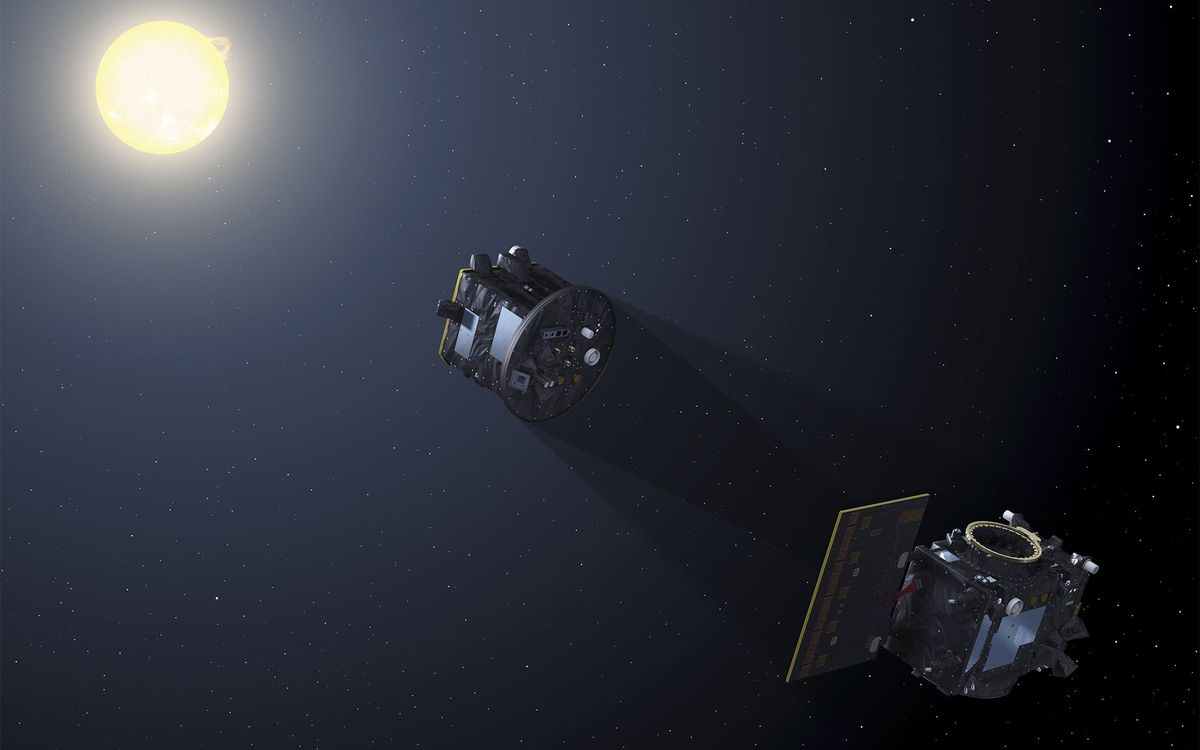No tears are being shed for Gregory B. Jaczko, the embattled chairman of the Nuclear Regulatory Commission, who announced at the beginning of this week that he would resign before his five-year term is up, as soon as a successor can be chosen. Never popular in nuclear circles, Jaczko was a former aide to Nevada Senator Harry Reid and Massachusetts Representative Edward J. Markey, the industry's sharpest and most effective critic on the Hill. He was named NRC chairman at the behest of Reid, the Senate majority leader, with the express mission of killing plans for a long-term waste depository at Yucca Mountain in Nevada.
As chairman, Jaczko lived up to the low expectations of his political opponents while failing to satisfy his allies. His relations with fellow commissioners were poor, and complaints by NRC staff of an abrasive management style got wide attention in the press. At a time when nuclear energy is in need of strong and inspiring leadership in the United States, Jaczko was unable to win the respect of his colleagues and rally them to address problems effectively as they arose.
All too typical was a situation involving a Nebraska nuclear power plant, described in today's Wall Street Journal, where it took an unconscionable amount of time for the NRC to decide whether a serious mishap--a fire that cut off cooling to the plant's spent fuel cooling pond—was truly "serious."
Such incidents have contributed to a widening public impression that management of the U.S. nuclear industry still more closely resembles that in the dark ages than what we were supposed to see in the so-called renaissance. Hence the kind of lead seen recently in a Florida newspaper, in an article commenting on the latest rate hike being imposed on customers to fund a planned nuclear power plant:
Stop me if you've heard this one. You and Progress Energy walk into a bar. Progress says it's going to order $24 billion worth of drinks, but they won't arrive until 2024. Oh, and you have to pick up the tab — even if the server drops the tray and the drinks never arrive at all.
This was the third rate hike requested and approved for a plant that is running eight years behind schedule and whose projected cost has ballooned to $24 billion from $17 billion in five years.



